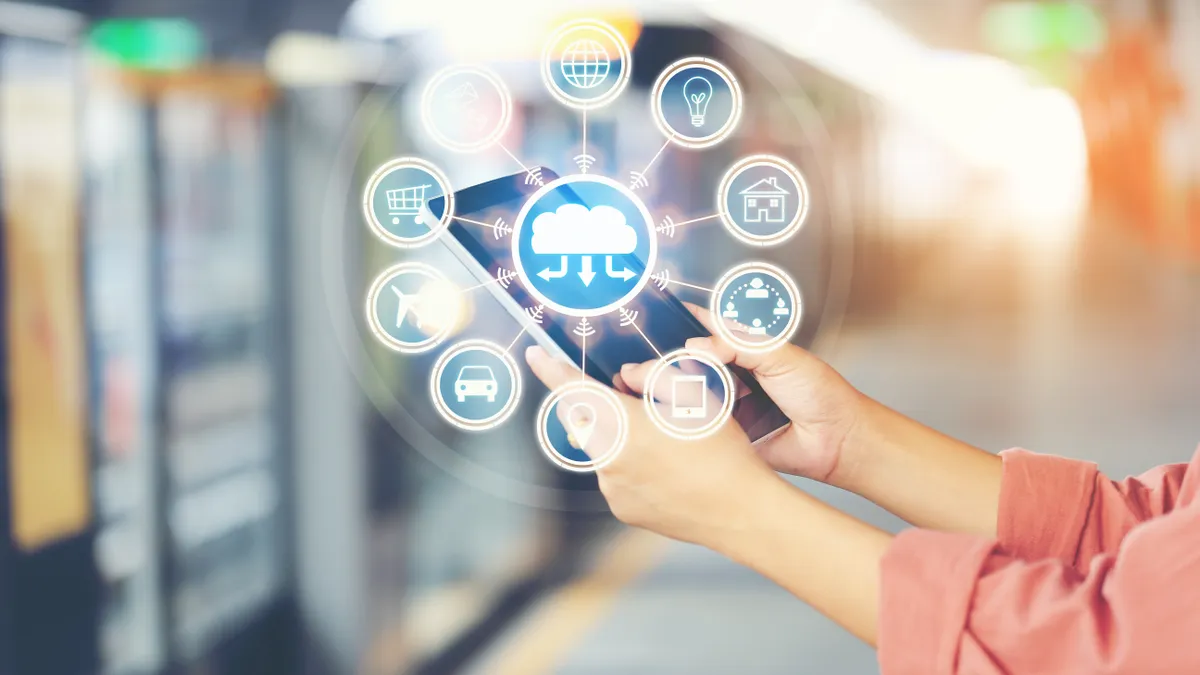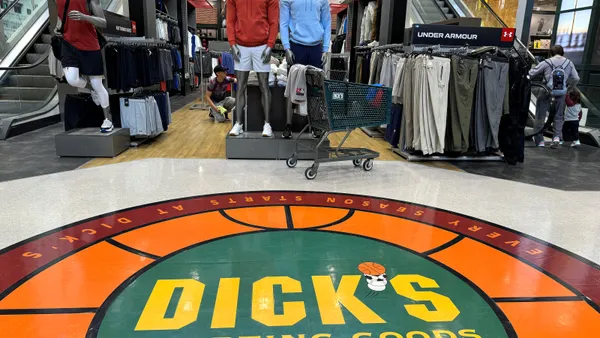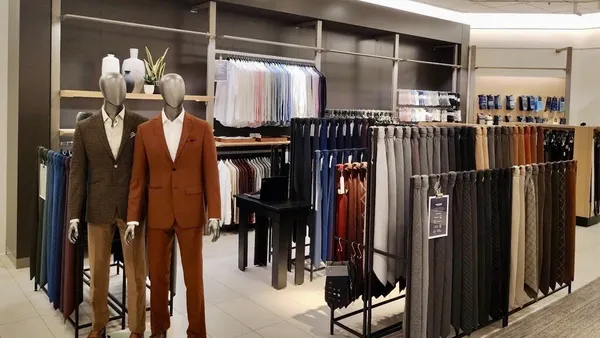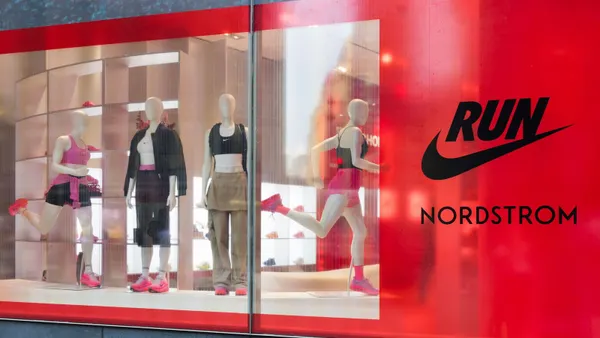Retailers have embraced contactless checkout, and some of the most forward-thinking companies have been taking that technology a step further with fully autonomous, "just walk out" shopping and checkout solutions.
A survey this year from Piplsay found that a large majority of consumers who had visited an Amazon Go store that incorporated frictionless shopping and checkout found the experience either "good" or "excellent," and 57% of consumers overall said they would like to see an Amazon Go or a similar tech-enabled store near them.
The latest frictionless shopping solutions incorporate advanced vision-based sensors and artificial intelligence (AI) to provide the next generation of shopping experience that goes beyond self-scanning. Frictionless shopping has applications not only in grocery, but in other environments such as airport concessions, and in grab-and-go food service venues such as on college campuses and in workplaces.
Chandra Venkatapathy, Director and Chief Technology Officer, Industry Solutions, Dell Technologies, describes how technology enables frictionless shopping and checkout in the grocery channel.
When a customer finds a product and takes it from the shelf, weight sensors, complemented by video data (known as computer vision), detect that the item has been taken from the shelf and add it to the customer's "virtual basket" on their mobile device.
- "Smart carts" can leverage weight and computer vision-based sensors to identify items that consumers add to their carts. These product selections are fed to the customer's mobile device, and the customer "accepts" the items and pays using a virtual wallet before leaving the store.
- In the checkout lane, computer vision identifies individual products and automates the charge for customers. "While not 100% frictionless, the automated checkout eliminates time and labor and minimizes fraud," said Venkatapathy.
Aligning store operations with the Frictionless Experience
Automation can support store operations as well by providing real-time inventory visibility that helps with optimal replenishment strategies with the back-end supply network. Smart shelves help enhance the customer experience as customers get to see accurate product availability.
In addition, retailers can also leverage product sensors to monitor in-stock shelf conditions, triggering alerts to store personnel when items need to be restocked. "Maintaining steady in-stock positions is a proven sales driver," said Venkatapathy.
Having real-time inventory visibility enables retailers to come up with optimal auto-replenishment strategies for distribution and logistics efficiencies, and demand forecasting. In addition, it also provides an accurate view of store inventory for customers.
Safety, Security and Asset Protection:
With frictionless experiences, shrinkage may be a concern. Theft and asset protection represent additional areas that can benefit from the implementation of the technologies used to create a frictionless shopping experience.
Computer vision-enabled solutions have shown great promise for concealment detection and label switching, and can "proactively detect potential theft and alert store associates to engage customers," said Venkatapathy. These technologies can also identify "hazard" scenarios, such as liquid spilled on floors, to help protect employees and customers from slip-and-fall accidents.
"Retailers are looking for ways to improve and differentiate the customer shopping experience, decrease shrinkage and out-of-stock losses and drive incremental purchases," said Azita Martin, General Manager for AI in Retail and CPG at NVIDIA. "These are the drivers that are fueling the increasing adoption of autonomous store technologies."
"We see many retailers that have been testing these solutions primarily in small-format urban stores, but once proven, the technology will scale up to large retail establishments," Martin said.
Given today's consumer demands for an enhanced in-store shopping experience, along with the challenges of the current labor environment and the need for increased inventory controls, there has never been a better time for retailers to automate the shopping and checkout experience with technologies that leverage AI.
Visit this web page to learn more about NVIDIA's AI solutions for retail.
Learn more about Dell Technologies solutions for retail.










